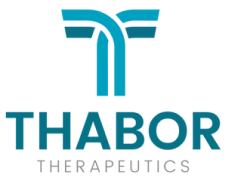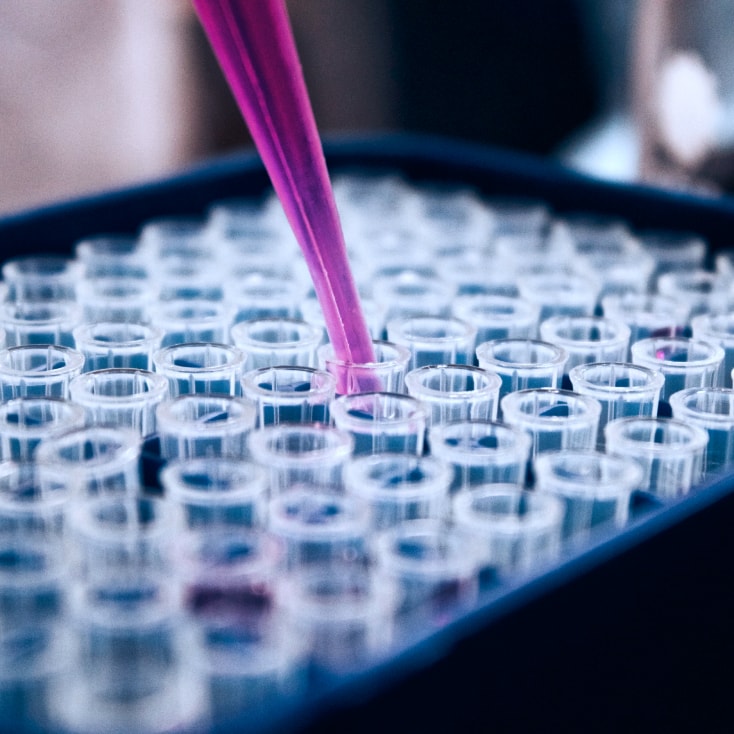Our Therapeutic Target
Epithelial deregulation is a hallmark of the onset and development of mucosal inflammatory diseases (MIDs)
In the field of inflammatory bowell diseases (IBD), we and others have actively participated to the research progress in the field. Recent studies confirm that epithelial barrier dysfunction precedes the onset of IBD by years suggesting that its involvement in IBD pathophysiology may have been largely underestimated. At Thabor therapeutics, we are fully convinced that harnessing the biology of the epithelium might be a way to truly modify the natural history of the disease.
Based on 20 years of research conducted at INSERM (lab U1242, Rennes, France), Thabor Therapeutics developed a First-in-class and highly differentiated therapeutic strategy targeting AGR2, a major regulator of epithelial homeostasis.
In healthy conditions, AGR2 is localized in the endoplasmic reticulum (ER). It contributes to adequate protein biogenesis. Upon chronic ER stress characterizing MIDs, AGR2 is released by the epithelium in the extracellular milieu (eAGR2). This mislocalization is responsible of new and deleterious functions of eAGR2 leading to impairment of epithelial homeostasis.
Blocking eAGR2 may represent a game changing therapeutic approach for the care of IBD patients by tackling the 3 pillars of IBD:
1
Inhibition of the inflammation
2
Prevention and reversion of fibrosis
3
Correcting epithelial barrier dysfunction
Scientific references
- Maurel, M. et al. Control of anterior GR adient 2 ( AGR 2) dimerization links endoplasmic reticulum proteostasis to inflammation. EMBO Mol. Med. 11, (2019).
- Vieujean, S. et al. Potential Role of Epithelial Endoplasmic Reticulum Stress and Anterior Gradient Protein 2 Homologue in Crohn’s Disease Fibrosis. J. Crohns Colitis 15, 1737–1750 (2021).
- Chevet, E. et al. Emerging roles for the pro-oncogenic anterior gradient-2 in cancer development. Oncogene 32, 2499–2509 (2013).
- Fessart, D. et al. Secretion of protein disulphide isomerase AGR2 confers tumorigenic properties. eLife 5, e13887 (2016).
- Mehandru, S. & Colombel, J.-F. The intestinal barrier, an arbitrator turned provocateur in IBD. Nat. Rev. Gastroenterol. Hepatol. 18, 83–84 (2021).
- Laukoetter, M. G., Nava, P. & Nusrat, A. Role of the intestinal barrier in inflammatory bowel disease. World J. Gastroenterol. 14, 401 (2008)



